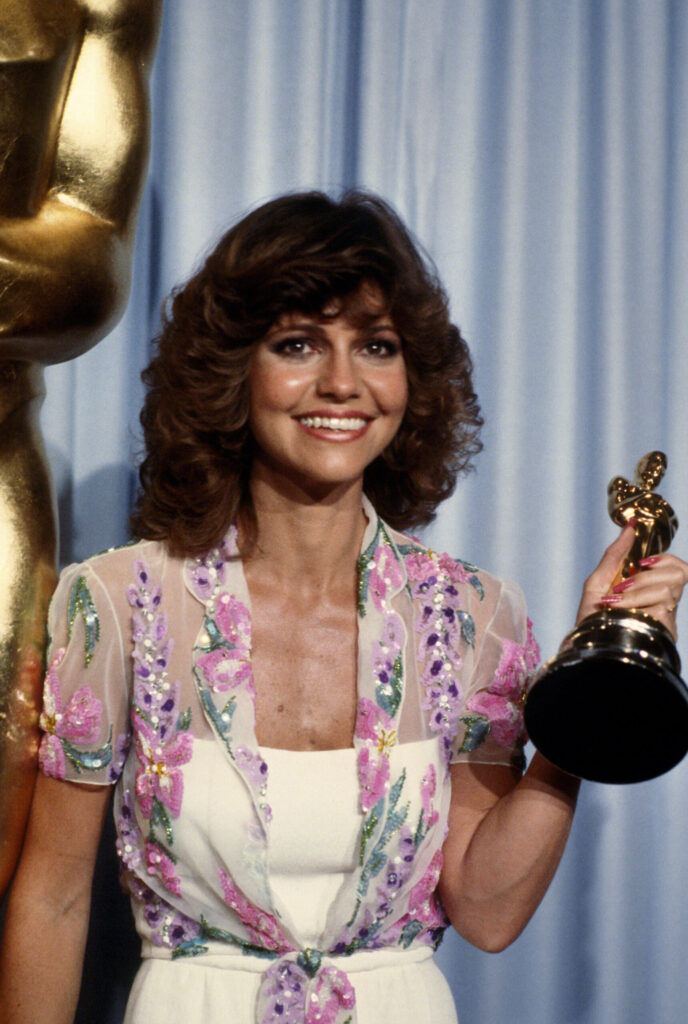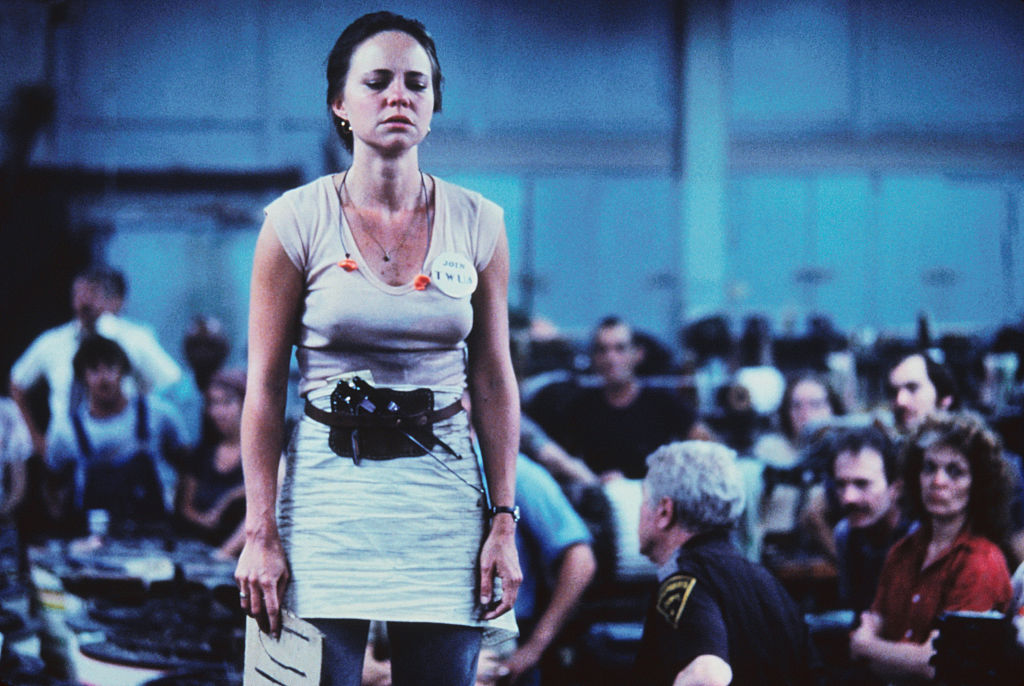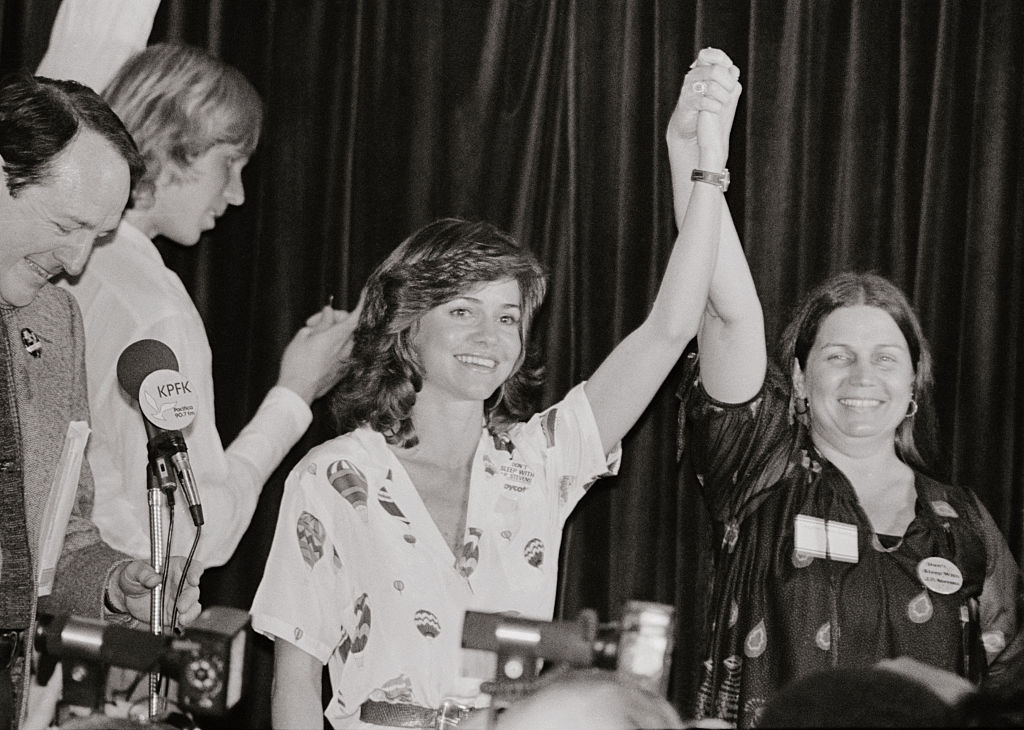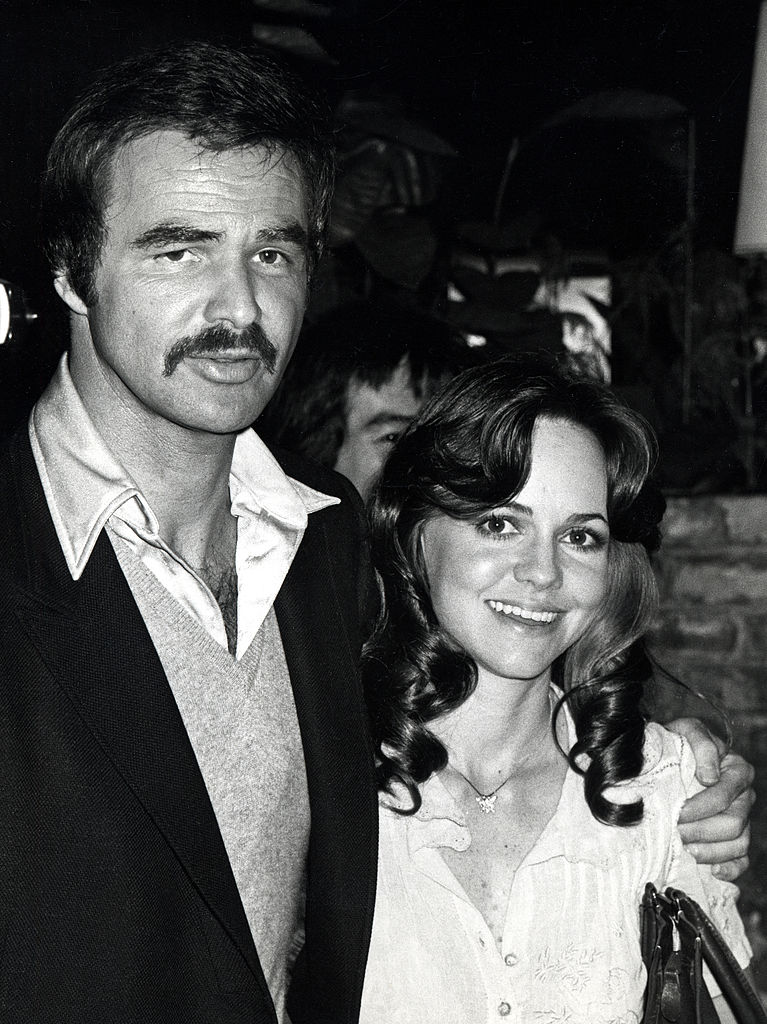The untold story of Sally Field’s Oscar win for Norma Rae
Discover the surprising challenges and controversies behind Sally Field’s award-winning performance in the iconic 1979 film.
Sally Field’s powerful performance in Norma Rae (1979) earned her an Academy Award and cemented her status as one of Hollywood’s greatest actresses. But behind the iconic role was a story of struggle, sacrifice, and determination—on and off the screen.
Before Norma Rae, Sally Field was battling Hollywood’s perception of her as “too cute” and “lightweight.” Known for her roles in The Flying Nun and Gidget, Field longed to be taken seriously as an actress. The role of Norma Rae Webster, a feisty textile worker fighting for labor rights, became her chance to redefine her career.
But the decision wasn’t without obstacles. Field’s then-boyfriend, superstar Burt Reynolds, actively discouraged her from taking the part. Reynolds reportedly told her, “No lady of mine is gonna play a whore.” When Field tried to defend her decision, explaining that it was simply a role, Reynolds mocked her ambition, saying, “Oh, so now you’re an actor… you’re letting your ambition get the better of you.”

Despite his lack of support—and his jealousy of her growing independence—Field followed her instincts and took on the role.
“I was so tired of being boring, but for a long time, I really didn’t have the guts to make any hard decisions,” Field later said, reflecting on how much the role meant to her career.
Immersing herself in the role
Norma Rae was inspired by the real-life story of Crystal Lee Sutton, a mill worker from North Carolina who fought to unionize her workplace in the 1970s. To portray Norma Rae authentically, Field spent two weeks working alongside textile workers in a mill.
“The whole room shakes,” she said of the grueling environment. “It makes you seasick. Two hours in that weaving room felt like eight hours anyplace else.” Field observed the workers’ exhaustion, mannerisms, and struggles, which informed her powerful and realistic portrayal.

The role’s physical demands were just as challenging as its emotional weight. During a scene in which Norma Rae is arrested and fights to avoid being shoved into a police car, Field threw herself so fully into the performance that she accidentally broke a fellow actor’s ribs.
The real-life inspiration — Crystal Lee Sutton
Crystal Lee Sutton’s life served as the foundation for Norma Rae. Born in Roanoke Rapids, North Carolina, Sutton began working in textile mills at age 16 and became a fierce advocate for workers’ rights. Her defining moment came in 1973 when she was fired for her pro-union activism.
Defiant, Sutton famously stood on a table in the mill, holding a cardboard sign that read “UNION” until her coworkers began shutting down their machines in solidarity. This act of courage became the film’s most iconic scene.

Sutton later expressed mixed feelings about the movie. “It made me cry in parts and it made me laugh,” she said. “I just thought if they’re going to spend millions of dollars making a movie, I wanted it to be a good educational union movie, not a soap-opera love story like you can see every day on TV.”
Though the movie grossed $12.5 million, Sutton received no financial compensation until she sued 20th Century-Fox. She ultimately received a $52,000 settlement, half of which went to taxes.
“I told my wife I don’t give a damn if we have to live in a car,” said her husband, Preston Sutton. “I’m proud of what she done and what she stood for.”
Filming in a Southern town
While Sutton’s story unfolded in Roanoke Rapids, North Carolina, Norma Rae was filmed in Opelika, Alabama. Locals served as extras, and the Opelika Manufacturing Corp. became the fictional mill. The production brought excitement to the small town, and Sally Field left a lasting impression.
“She was a lovely lady,” recalled Warner Williams, who worked with the Opelika Chamber of Commerce during filming. Field spent time observing mill workers to prepare for her role, blending in seamlessly with the local community.

Triumph at Cannes and the Academy Awards
Despite the emotional toll of Norma Rae—and the tension it caused in her personal life—Field emerged triumphant. The film debuted at the Cannes Film Festival to overwhelming praise, and the audience’s reaction brought her to tears.
When Field won the Academy Award for Best Actress in 1980, it marked a defining moment in her career. Yet even this victory came with its challenges. Burt Reynolds refused to attend the ceremony with her, and when she mentioned attending Cannes, he reportedly asked, “What the hell I intended to do there?” Later, when she shared her excitement about the nomination, Reynolds mocked her again, saying, “You don’t expect to win anything, do you?”

Thankfully, actor David Steinberg and his wife, Judy, stepped in to support Field on Oscar night. “David said, ‘Well, for God’s sakes, we’ll take you,’” Field recalled. “They picked me up in a limousine and had champagne in the car. They made it just wonderful fun.”
Legacy of Norma Rae
More than 40 years later, Norma Rae remains a cultural touchstone for workers’ rights and a milestone in feminist cinema. Sally Field’s portrayal of a determined, working-class woman continues to inspire audiences and future actresses alike.
The film paved the way for similarly powerful performances by women, including Julia Roberts in Erin Brockovich and Meryl Streep in Silkwood. But it also underscored the struggles of women in Hollywood—both on screen and behind the scenes.
For Sally Field, Norma Rae was more than a career breakthrough—it was a declaration of independence. Like the character she portrayed, she fought for what she believed in and won.
As Field once said, “Success didn’t come easily—it was fought for, just like Norma Rae herself.”





